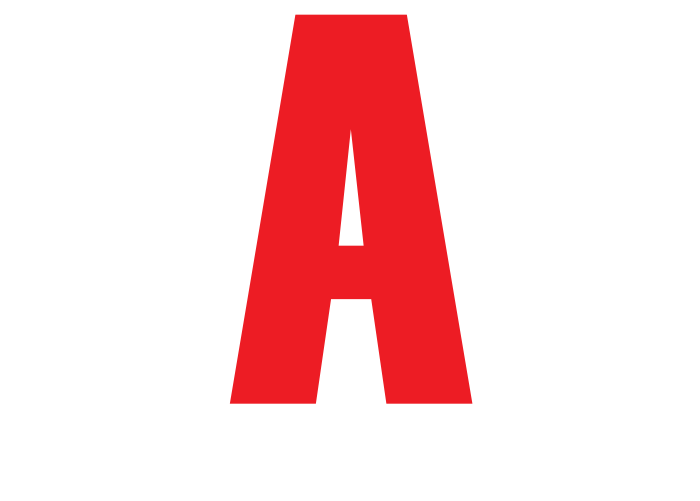The following essay is by Kari Henry, a 10th grade student at the Academy for Young Writers who participated in the Dialogue Arts Project’s first-ever 36-week elective for high school students. Composed as the introduction for We’re All Quite Mad Here, a class anthology that served as the culminating project for the 2012-2013 school year, Kari talks about her own writing as well as the writing of her classmates, the experience of engaging with her peers in dialogue around difficult subject matter, and how the DAP elective impacted her ability to “take risks” as a writer.
There I was, sitting with my group mates. I was discussing the social identity of disability. This disability I chose to speak about was my asthma. I talked about what I remembered from my earliest asthma attack, I talked about how frightened I was, and how it made me feel like I was more “at risk” than other people I knew who didn’t’ have it. I feared that death was ready to come and snatch my little soul out of my body. After sharing, I listened as my group mates talked about particular areas of their social identities. One of them talked about their body image, while the other one talked about gender. We each honored each other’s silences, listened without judgment, and the air was filled with important but awkward uneasiness. This experience, during our introductory unit on social identity and dialogue (our first Dialogue Arts Exhibition of the year) would be repeated many times throughout the year in Writers Lab.
For one of our earlier Dialogue Arts Exhibitions, we were instructed to write after Jon Sands’ “Gender Identity Timeline: The Early Childhood Years.” When the poem was read to the class, many turned their heads in shock, many laughed, and some groaned as they listened to the poet talk about how he “learned” his own gender as a younger man by observing his family’s private parts. It may have sounded gross, but it reminded a lot of us of how curious we were in the world when we were younger. On the Cycle of Socialization (an important resource we used in class), many of those experiences would have been classified as falling under the “Beginning” stage during which people are just beginning to realize the world around them, blind to difference or expectation or bias. This particular poem and unit were valuable for me because they made me go back to my early years and reminded me of how I viewed myself, how others viewed me, how I looked as myself as different because of my asthma. My memory asthma as an “invisible attacker” or a “bad guy” made me chuckle because it made me realize how innocent I was at the time. To a little kid, though, I’m pretty sure asthma would seem like a killer.
Through both the writing process and the dialogue sessions, this class demanded a lot risk on the part of us students. Beyond just writing about our lives in very intimate ways, we also told the stories behind our pieces and how they made us feel. Those risks caused some of us to feel uneasy, and in certain cases, vulnerable, but when we opened up to our groups, we became invulnerable, because we let out the truth, told our stories, and felt more connected to each other as a result.
We’re All Quite Mad Here, a line from Sarah Hull’s poem “WonderLand,” fittingly describes us writers in this class this year because our writing is “messy.” We took risks in so many ways and we wrote until we emptied out our minds – behaviors that to other people might seem mad. One of the year’s central texts for many students in this class was Justin Torres’ We the Animals. In an interview about the experience of telling his story in that book, Torres said he felt like he needed, “to tell the truth, to keep it messy, but to make it beautiful.” Many of us, I feel, have taken that to heart. What Torres means is that if you are going to tell the truth, tell it – and tell it as a way of trying to understand the experiences of others. Don’t polish it up in a way that makes some of what matters most feel hidden. That is what us writers have been doing this year with our work: We’ve been “peeling the onion.” We took risks, we told our truths that had been bottled up inside of us, and just let our pens lead us into places we didn’t know we could go.
Kari Henry
Editor-in-Chief
New York, 2013

